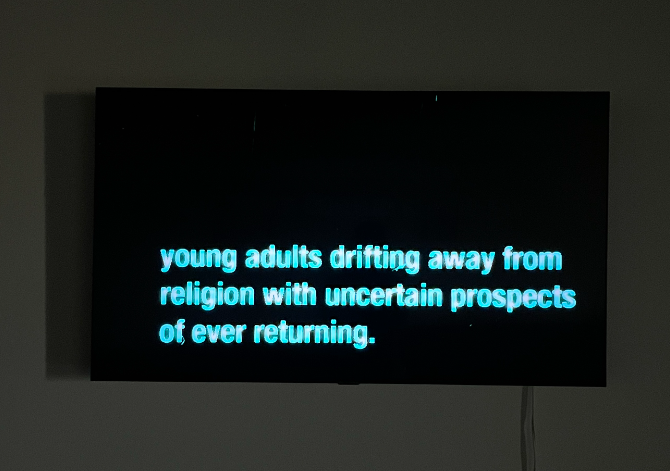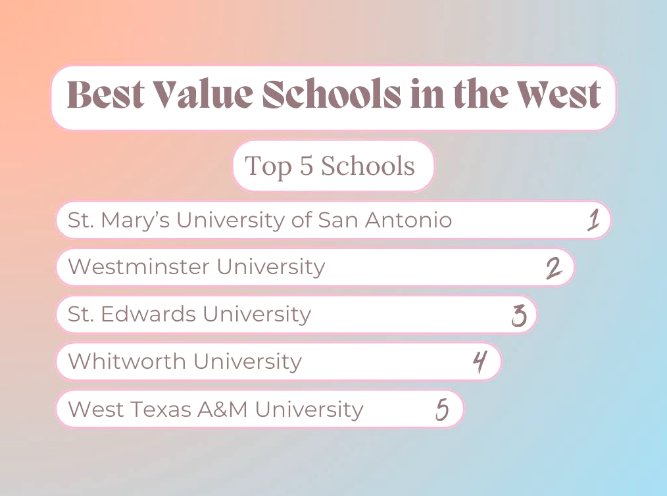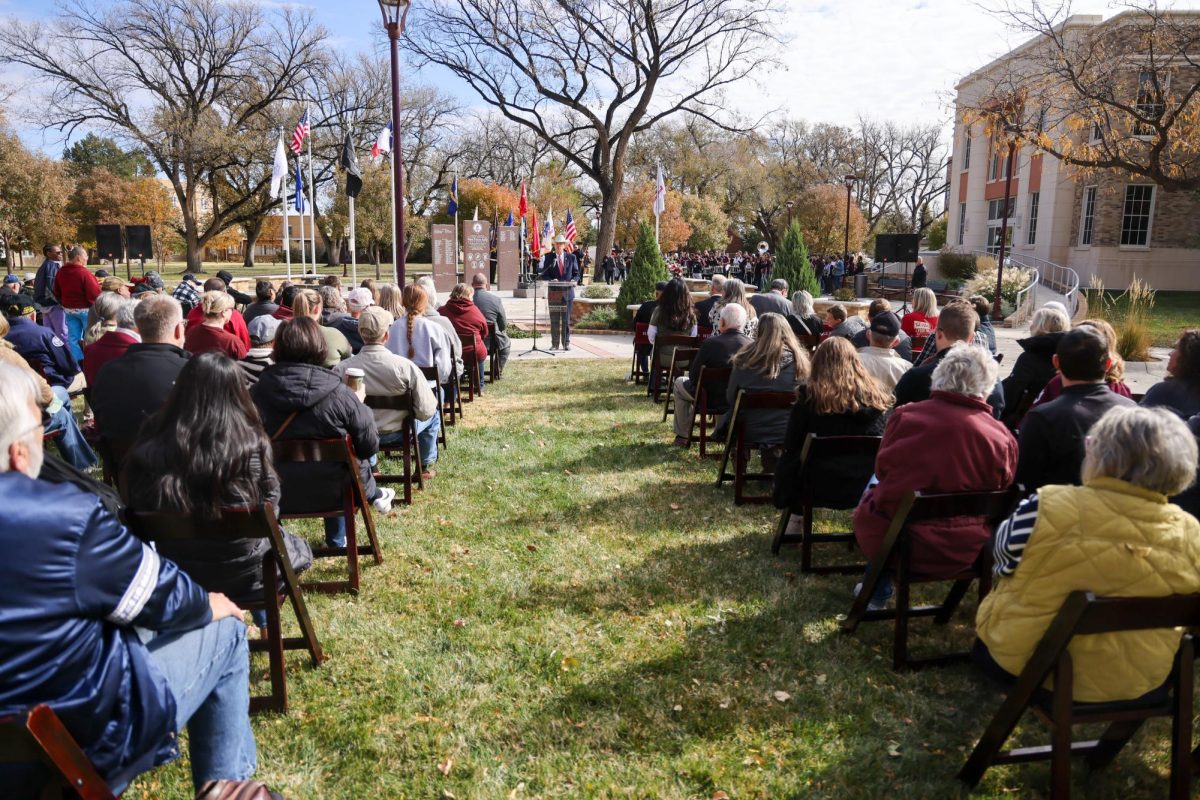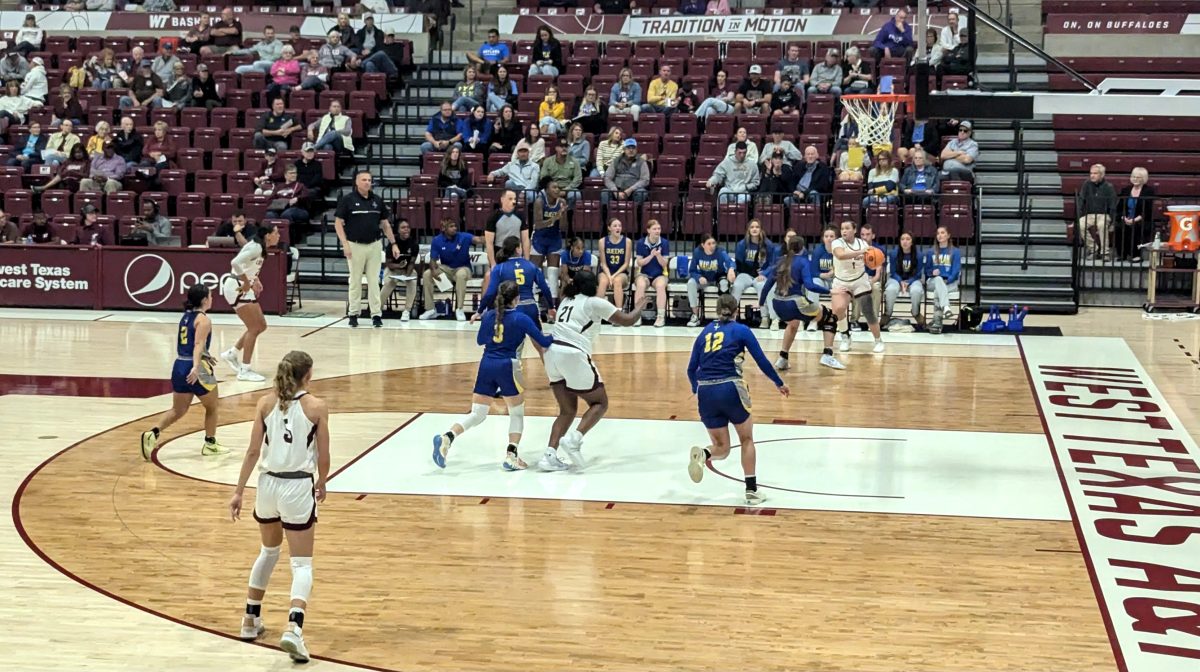Students met with business professionals in the WTAMU Legends Lounge on Nov. 30 for the Global Financial Crisis seminar to discuss the crisis’s impact on global and local scales.
“It’s very important that we discuss these things and understand what’s happening,” Dr. James Owens, WT department head of accounting, economics and finance, said to the crowd of students.
Students diligently took notes as business and finance professionals explained and analyzed the financial crisis that has caused a firestorm of economic debate all over the world.
One of these professionals, Dr. Dale Duhan, professor of Business at Texas Tech University, explained most of the financial problems today are caused by people spending more money than they have, leading to debt.
“A lot of the problems that we’re seeing around the world, whether it’s currency issues and national environments or local issues like the housing markets…they’re rooted in the growing popularity of living beyond your means,” he said.
Dr. Owens took a more global perspective on the issue and raised facts about how deep in debt the United States is compared to other countries. According to Dr. Owens, Ireland owes 95 percent of its gross domestic product, while Italy sits on 119 percent and Greece hovers around 143 percent. The bigger the percentage, the larger the debt.
“Before you get too proud,” Dr. Owens said. “The United States, as of this morning, cleared 100 percent. We now owe more then we earn in a year.”
Even though most of the seminar focused on the world’s economic atmosphere, Pat Ware, vice president of Amarillo National Bank, evaluated the issue on a more local level.
“The one thing that’s hurting us is the drought,” Ware said. “Since we’re not getting water from above, we’re looking toward our aquifer and water has become the most important topic among all of our farming, ranching, dairy and feed yard customers.”
However, Ware remains confident in WT students to help with the drought’s relationship with the Panhandle economy.
“WT turns out a ton of graduates and what we need to do is create an environment in Amarillo, Canyon, and Lubbock and all over the Panhandle to keep those WT graduates here,” Ware said. “We have all this water, it’s going to start raining again and the economy is going to grow.”
For college students, the financial crisis could hit home and affect their university expenses and education.














